Skype: neodalle-travel
Tel: +86 135 7447 2266
E-mail: sales@visitaroundchina.com

Ancient literature is a precious cultural heritage of China's several thousand years of civilization. The Book of Songs, a collection of 305 folk ballads of the Western Zhou Dynasty and the Spring and Autumn period, compiled in the sixth century B.C., is China's earliest anthology of poetry.
Chinese mythology
Chinese mythology is a literary style created by people in ancient China through long-term social practice in the process of working life. It is a naive interpretation of the universe, the origin of mankind, all things in nature, life exploration, tribal wars, and labor life through fantasy in human childhood. Chinese myths and stories show the naive, simple, sincere, and beautiful artistic imagination of the ancient Chinese people on all things, and reflect people's yearning and pursuit of a better life. Chinese mythology has been passed down by folks. Its magic and magnificence reflect the infinite artistic charm. Here lists famous Chinese myths and lengends as below:
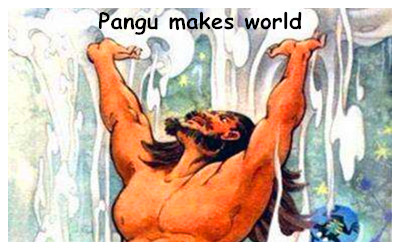 |
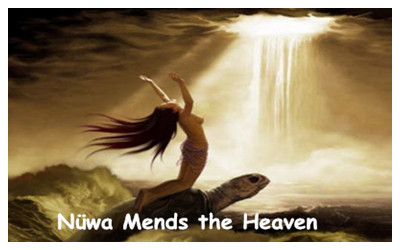 |
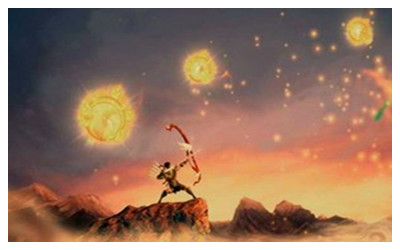 |
| Pangu creates the world | Nu Wa Mends the Heaven | Hou Yi shoots the suns |
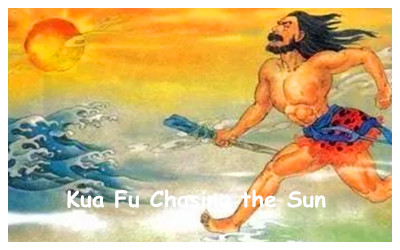 |
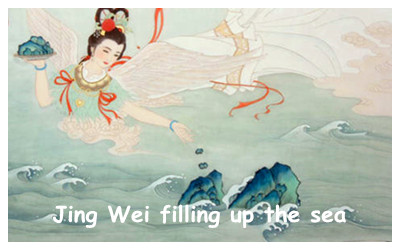 |
 |
| Kua Fu Chasing the Sun | Jing Wei Filling Up The Sea | Legend of the Chang Er |
Anchient Chinese Great Works
There were pre-Qin prose, magnificent Han fu (rhymed prose), and the yuefu folk songs of the end of the Han Dynasty. Records of the Historian, written by Sima Qian of the Han Dynasty, is respected as a model of biographical literature, and The Peacock Flies to the Southeast represents the magnificent yuefu folk songs. These are all well known among the Chinese people.
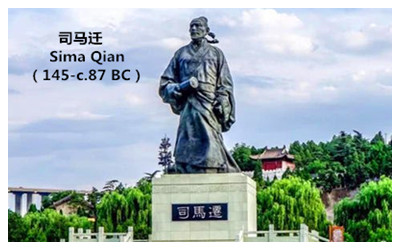 |
|
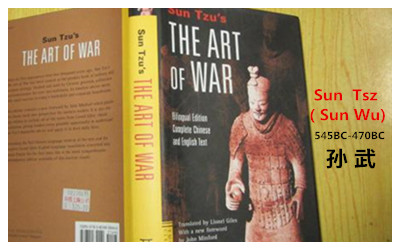 |
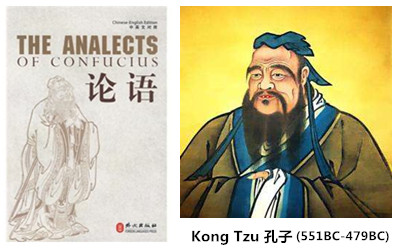 |
| Record of Historian | Lao Tzu: Dao De Jing | Sun Tzu: The Art of the War |
Ancient Chinese Poet
The Book of Songs, a collection of 305 folk ballads of the Western Zhou Dynasty and the Spring and Autumn period, compiled in the sixth century B.C., is China's earliest anthology of poetry. Qu Yuan of the Warring States Period, China's first great poet, write Li Sao (The Lament), and extended lyric poem. The Book of Songs and Li Sao are regarded as classics in Chinese literary history. Later, different literary styles developed in subsequent dynasties. The Wei and Jin Dynasties (220-420) were a great period for the production of poetry. The poems written by Cao Cao, a statesman and man of letters of that time, and by his sons Cao Pi and Cai Zhi, are fervent and vigorous. They are outstanding forerunners of the progressive literature of later generations. The Tang Dynasty gave birth to a great number of men of letters. The Complete Tang Poems is an anthology of more than 50,000 poems. Representative poets include Li Bai, Du Fu, and Bai Juyi, who are the pride of the Chinese people. The Song Dynasty is well known for its ci (lyric). Song lyricists may be divided into two groups. The first, best represented by Liu Yong and Li Qingzhao, is known as the "gentle school"; the second, the "bold and unconstrained school," is best represented by Su Shi and Xin Qiji.
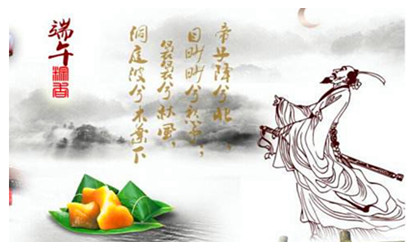 |
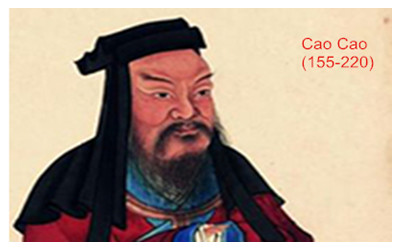 |
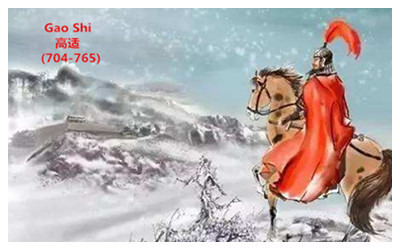 |
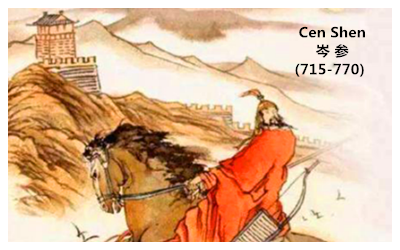 |
| Qu Yuan | Cao Cao | Gao Shi | Cen Shen |
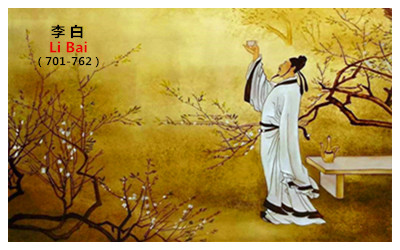 |
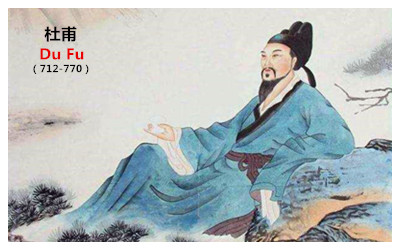 |
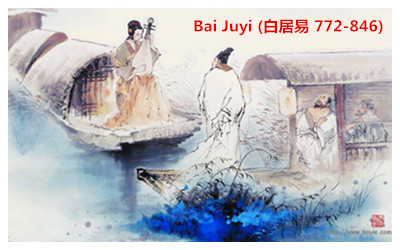 |
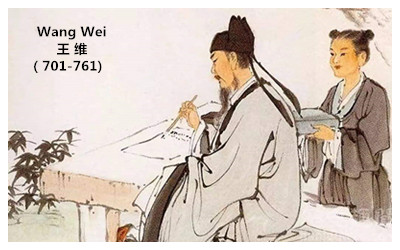 |
| Li Bai | Du Fu | Bai Juyi | Wang Wei |
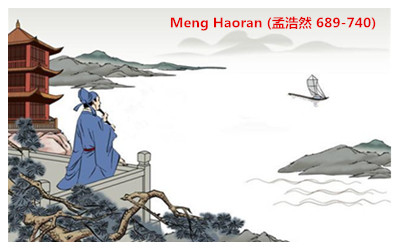 |
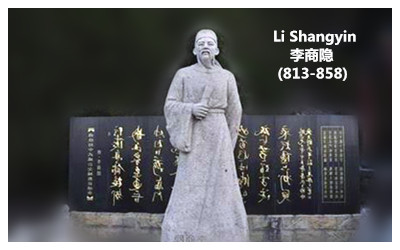 |
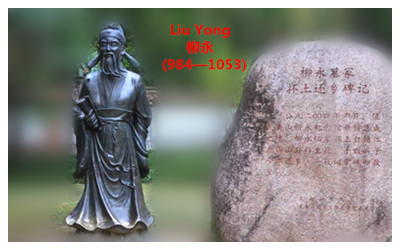 |
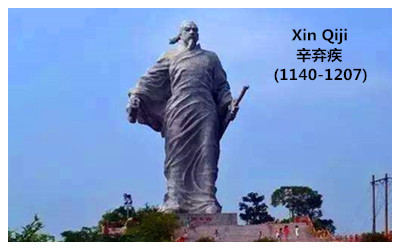 |
| Meng Haoram | Li Shangyin | Liu Yong | Xin Qiji |
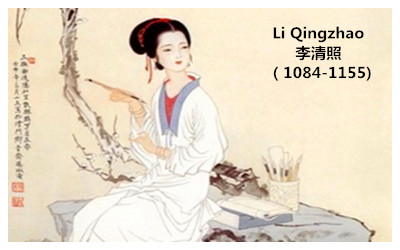 |
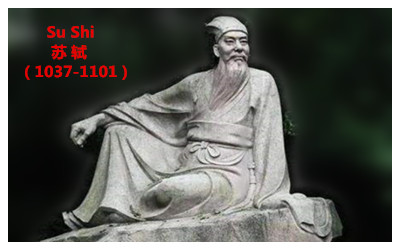 |
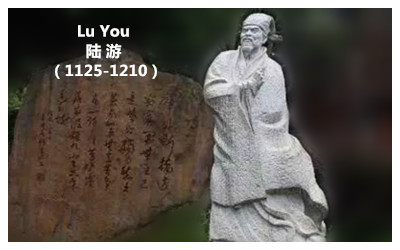 |
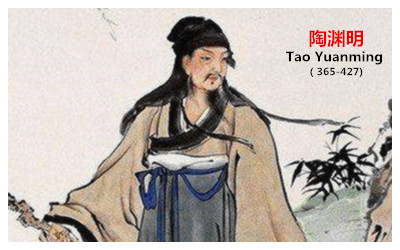 |
| Li Qingzhao | Su Shi | Lu You | Tao Yuanming |
Ancient Chinese Prose
The most notable achievement of Yuan Dynasty literature was the zaju, poetic drama set of music. Snow in Midsummer by celebrated playwright Guan Hanqing and The Western Chamber written by another zaju master, Wang Shipu, are masterpieces of the ancient drama.
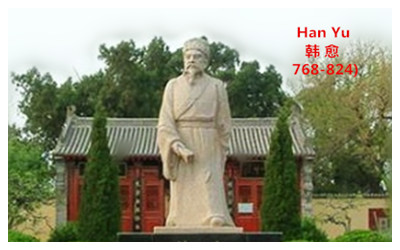 |
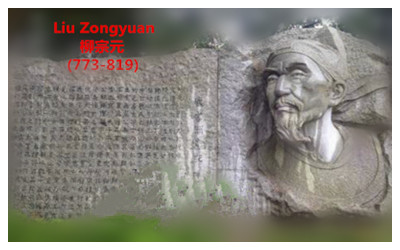 |
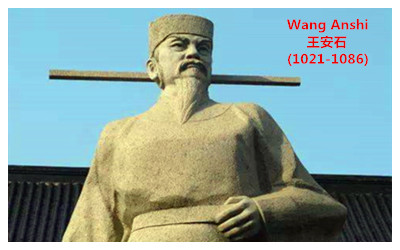 |
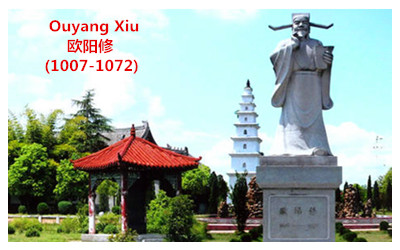 |
| Han Yu | Liu Zongyuan | Wang Anshi | Ouyang Xiu |
Ancient Chinese Fiction
The Ming and Qing dynasties saw the development of the novel. The Three Kingdoms by Luo Guanzhong, Outlaws of the Mars by Shi Nai'an, Journey to the West by Wu Cheng'en, and A Dream of Red Mansions by Cao Xueqin are the four masterpieces produced in this form during this period. They have been celebrated for centuries for their rich historical and cultural connotations and unique style.
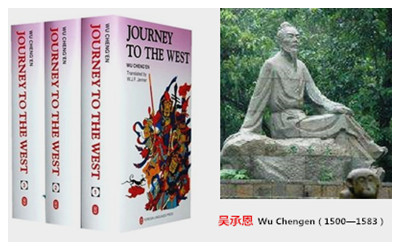 |
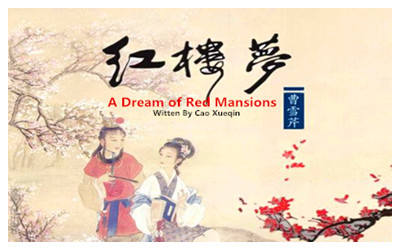 |
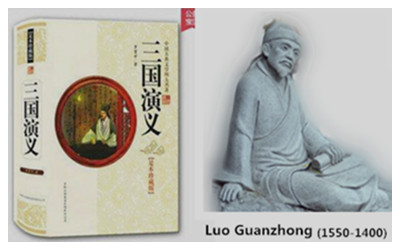 |
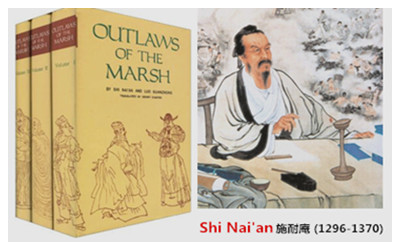 |
| Journey To The West | A Dream of The Red Mansions | Romance of the Three Kingdoms | Outlaws of the Marsh |
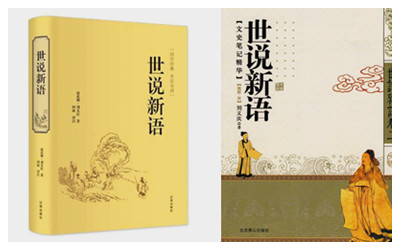 |
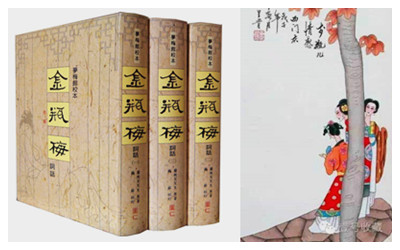 |
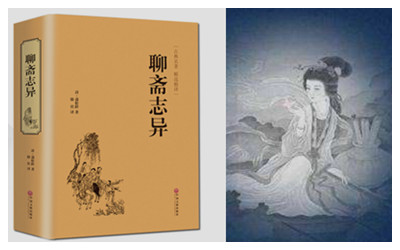 |
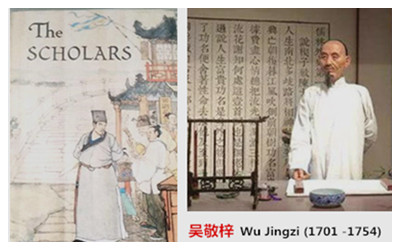 |
| New Anecdotes of Social Talk | Jin Ping Mei, | Strange Tales of Liao Zhai |
Modern Chinese Literature
The new cultural movement that emerged in the 1920s was an anti-imperialist and anti-feudal movement. Progressive writers, represented by Lu Xun, gave birth to modern Chinese literature. The most outstanding representative works of this era are the novels The Diary of a Madman and The True Story of Ah Q by Lu Xun, the poetry anthology The Goddesses by Guo Moruo, the novel Midnight by Mao Dun, the trilogy novels Family, Spring and Autumn by Ba Jin, the novel Camel Xiangzi by Lao She, and the plays Thunderstorm and Sunrise by Cao Yu.
 Ask Questions ?
Ask Questions ?